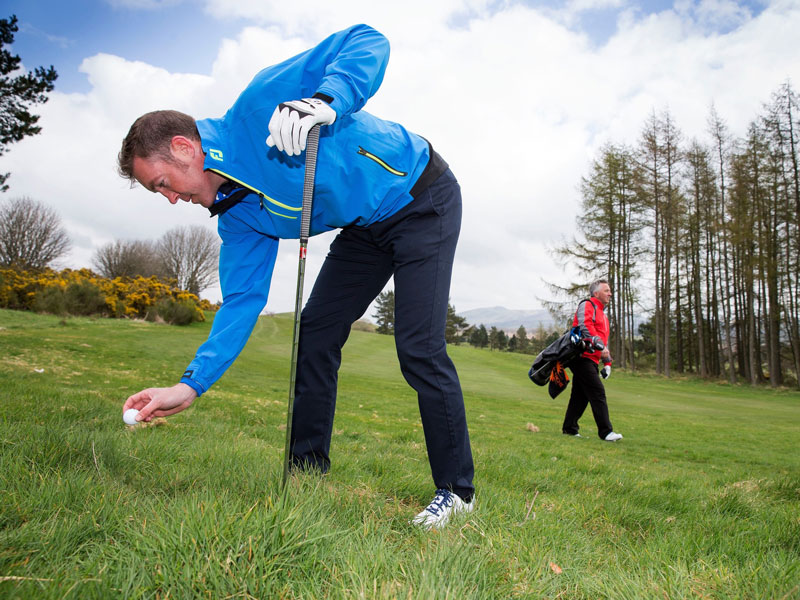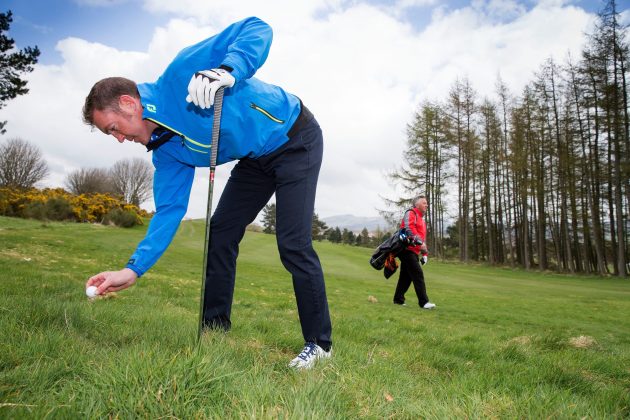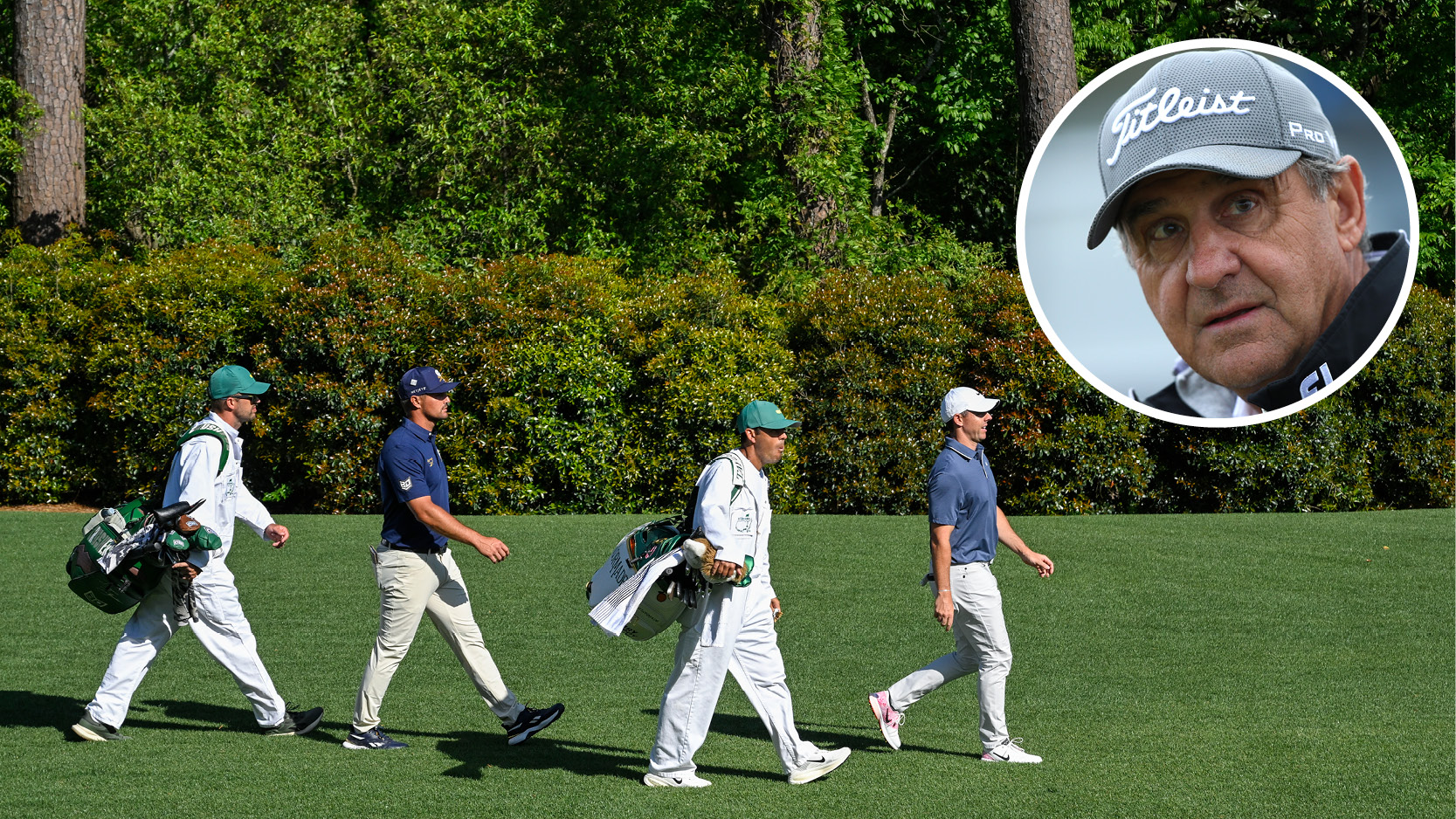Rules: Identifying Your Golf Ball in the Rough
The R&A's Assistant Director Shona McRae explains what happens

The R&A's Assistant Director Shona McRae explains the rules regarding Identifying your golf ball in the rough
Rules: Identifying Your Golf Ball in the Rough
This one must have happened to everyone at some point on the golf course.
Picture the scene - you've hit a strayed drive and see a golf ball in the cabbage just where you think yours might be, but neither a logo or any markings are visible.
Do you risk incurring a penalty for playing the wrong ball and hit it in the hope that it's yours?
Related: Golf Monthly Rules Homepage
Or do you gently lift it to formally identify it before placing it back where it lay?
Get the Golf Monthly Newsletter
Subscribe to the Golf Monthly newsletter to stay up to date with all the latest tour news, equipment news, reviews, head-to-heads and buyer’s guides from our team of experienced experts.
GM Forum member '3offTheTee' had this query and the R&A's Assistant Director Shona McRae explains:
Related: Rules of Golf: Ball on Movable Obstruction
Q) In a recent stroke play event, one of our group’s balls was ‘lost’ in the rough. A fellow competitor found the ball and lifted it without asking or marking it to identify it. Is there a one-shot penalty to either the player who lifted the ball or the player whose ball it was, and would it be different in match play?

Best not to touch your opponent's or fellow competitor's ball if you think you've found it
Related: Rules of Golf: Accidentally Moving Your Ball When Searching
A) Rule 12-2 contemplates that it is the player himself who wishes to lift the ball to identify it and details the procedure for doing so. In stroke play, if your fellow competitor moves your ball, touches it or causes it to move, there is no penalty and the ball must be replaced (Rule 18-4). Equally, in match play, if an opponent during the search for your ball moves, touches it or causes it to move, there is no penalty and the ball must be replaced. However, if your opponent, other than during a search for your ball, moves or touches it, it is he or she who incurs a penalty of one stroke and the ball must be replaced (Rule 18-3). Shona McRae
-
 Volvo China Open 2025 Picks, Odds And Predictions
Volvo China Open 2025 Picks, Odds And PredictionsFollowing a break for The Masters, the DP World Tour returns for the final two weeks of its Asian Swing and the Volvo China Open is the penultimate event
By Jonny Leighfield
-
 Rory McIlroy's Sports Psychologist Explains Why He 'Didn't Talk' To Bryson DeChambeau In Masters Final Round
Rory McIlroy's Sports Psychologist Explains Why He 'Didn't Talk' To Bryson DeChambeau In Masters Final RoundDeChambeau raised eyebrows at Augusta National when claiming that McIlroy wouldn't engage in conversation during the final round of The Masters
By Jonny Leighfield